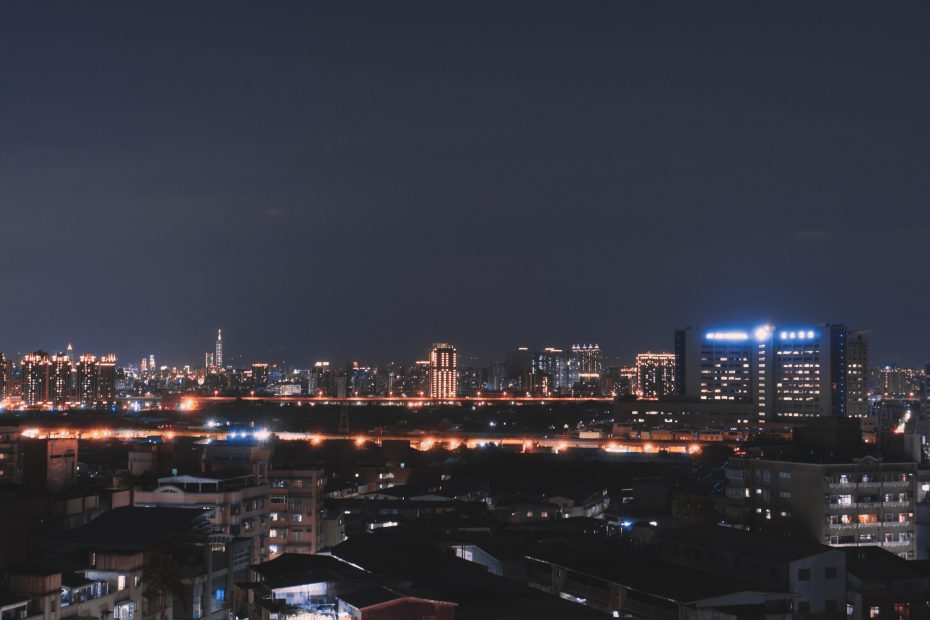Taipei is a vibrant metropolis that seamlessly blends modernity with its rich cultural traditions. This captivating Taiwanese city offers visitors the best of both worlds, with ancient temples and heritage sites sitting alongside contemporary architectures and a pulsating nightlife.
Table of Contents
A Brief History
Taipei has been an important center of trade, culture, and politics for centuries. The earliest recorded mention of Taipei dates back to the early 18th century during the Qing dynasty era. Over the next hundred years, Taipei grew from an unincorporated town to a bustling commercial port city.
After the Chinese Civil War, the Republic of China government relocated the capital to Taipei in 1949. This ushered in a new era of rapid urbanization and economic growth, transforming Taipei into a major financial and technological hub in East Asia. However, despite the modernization, Taipei proudly preserves its cultural roots and Taiwanese identity.
The Enduring Importance of Traditions
An essential part of Taipei’s character lies in its deep-rooted traditions. From elaborately decorated temples honoring various deities to colorful annual festivals based on lunar calendars, age-old customs continue to be integral to everyday life.
Locals regularly visit temples and practice traditions inherited from ancestors. Young children are taught arts like calligraphy and puppetry to maintain cultural legacy. This gives the city a profound sense of living heritage amidst modernity.
Striking Blends of Old and New Architecture
One of Taipei’s most fascinating aspects is how effortlessly it merges traditional architecture with contemporary designs. Winding lanes filled with incense-wreathed temples give way to futuristic cityscapes.
Historic structures like Longshan Temple, Baoan Temple, and Confucius Temple offer glimpses into Taiwan’s past with exquisite carvings, sprawling courtyards and upturned eaves. In contrast, 101 Tower and Taipei 101 skyscraper exemplify modernity with sleek glass-and-steel construction.
The streets are dotted with vibrant red-pillared pavilions, while the metro system boasts some of the world’s finest stations. The National Palace Museum combines a stunning modern facade with one of the world’s best Chinese antiquities collections. This interspersion of old and new is quintessential Taipei.
Delectable Cuisine – A Melding of Tradition and Trends
Taipei’s food scene perfectly encapsulates the intersection of tradition and contemporary innovation. The night markets boast sizzling street food stalls churning out classics like stinky tofu, oyster omelets and braised pork rice. Tradition comes alive in teahouses serving artisanal brews.
Yet you’ll also find hip, modern eateries offering creative fusion fare alongside fine-dining restaurants with Michelin stars. Quirky themed cafes have become popular hangout spots among the youth. From hawker fare to haute cuisine, Taipei’s culinary diversity has something for all tastes and trends.
Lush Parks and Mountains in an Urban Jungle
Although a bustling metropolis, Taipei prizes its natural sights. Lush mountains, hiking trails, hot springs and beaches are all easily accessible. Locals flock to Maokong on the outskirts to sip tea amidst a blanket of mist.
Within the city, sprawling parks and reserves like Yangmingshan National Park provide urban respite. Taipei takes care to preserve and highlight its natural landscape despite rapid development, adding to its charm.
The People and Vibe
Taipei’s friendly, laidback people known for civic manners help make it hugely welcoming. Locals are eager to share insight into their customs and proud of their heritage. Yet Taipei also embraces diversity, with expat communities and international influences.
The city strikes a unique balance – neither completely modern nor fully traditional. Visiting temples before hitting a nightclub encapsulates the Taipei ethos. The seamless juxtaposition of old and new gives Taipei its distinctive, irresistible vibe.
Conclusion: A Compelling Fusion
With its syncretic weave of varied elements, Taipei offers an enthralling experience. The city succeeds in fusing tradition and modernity through its architecture, cuisine, natural beauty and people – a cultural alchemy that makes Taipei such a fascinating destination. By cherishing its roots yet innovating, Taipei has crafted a dynamic identity – an old soul in a futuristic metropolis.
Frequently Asked Questions
Q: What are some top traditional sights in Taipei?
A: Some top traditional sights include Longshan Temple, Lungshan Temple, Qingshan Temple, Baoan Temple, Confucius Temple, Dadaocheng heritage area, Dihua Street, and various night markets like Shilin Night Market and Raohe Night Market.
Q: Where can you experience nature easily in Taipei?
A: Yangmingshan National Park, Maokong, Wulai hot springs, hiking at Elephant Mountain or Four Beasts Mountain, riverside cycling at Tamsui, and urban parks like Daan Forest Park are great ways to experience nature in Taipei.
Q: What modern architecture is Taipei known for?
A: Taipei 101, currently one of the world’s tallest buildings, is an architectural icon. Other examples include the National Taichung Theater, Miramar Entertainment Park, Taipei Performing Arts Center, and Songshan Cultural and Creative Park.
Q: What is Taipei’s nightlife like?
A: Taipei has a vibrant nightlife scene. The city is known for its lively night markets, hip speakeasy-style bars, trendy nightclubs, karaoke lounges, and quirky themed cafes that get buzzing after dark.
Q: What is the best way to experience Taipei’s cultural blend?
A: Wandering through neighborhoods like Dadaocheng to admire heritage buildings before sampling street food treats at a bustling night market is a great way to experience old and new Taipei. Also try practicing a traditional art like tea ceremony before hitting up a swanky sky bar.
